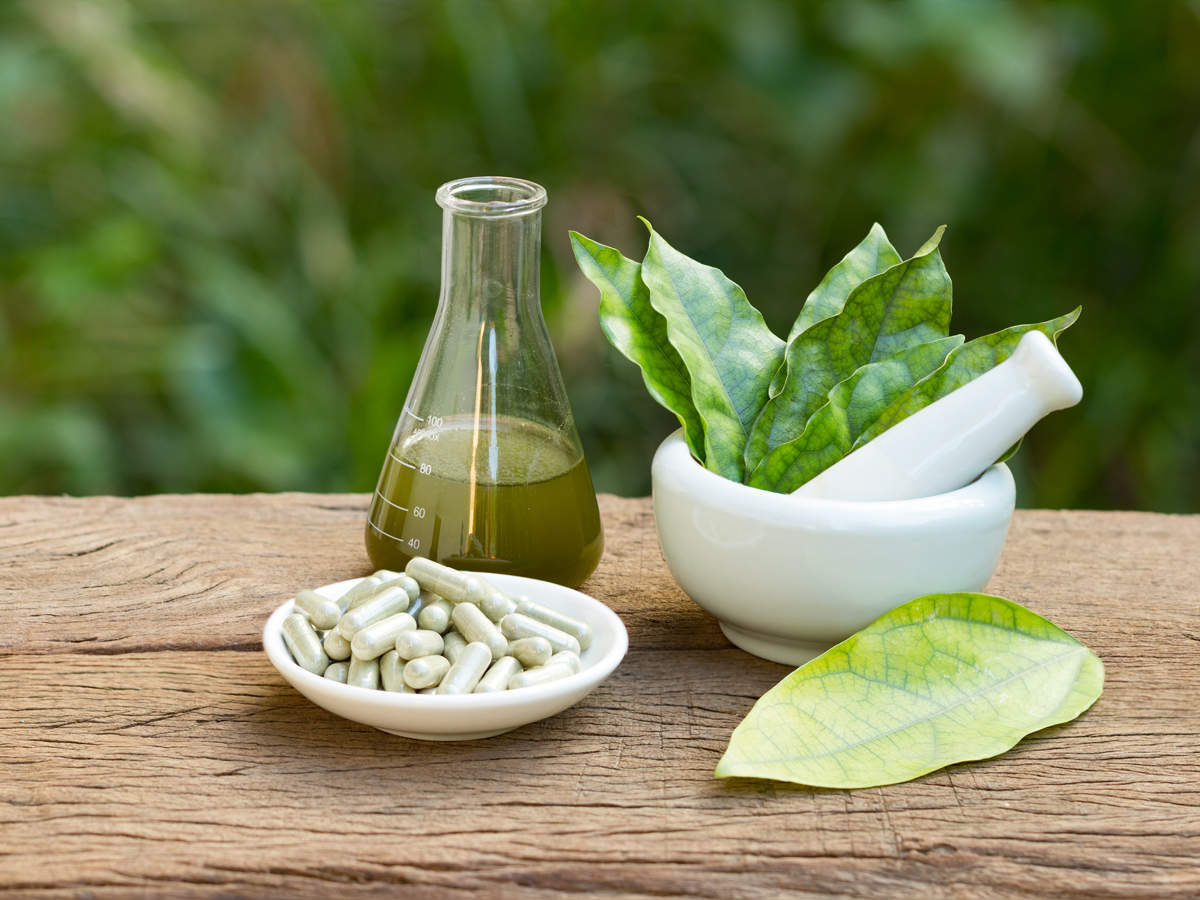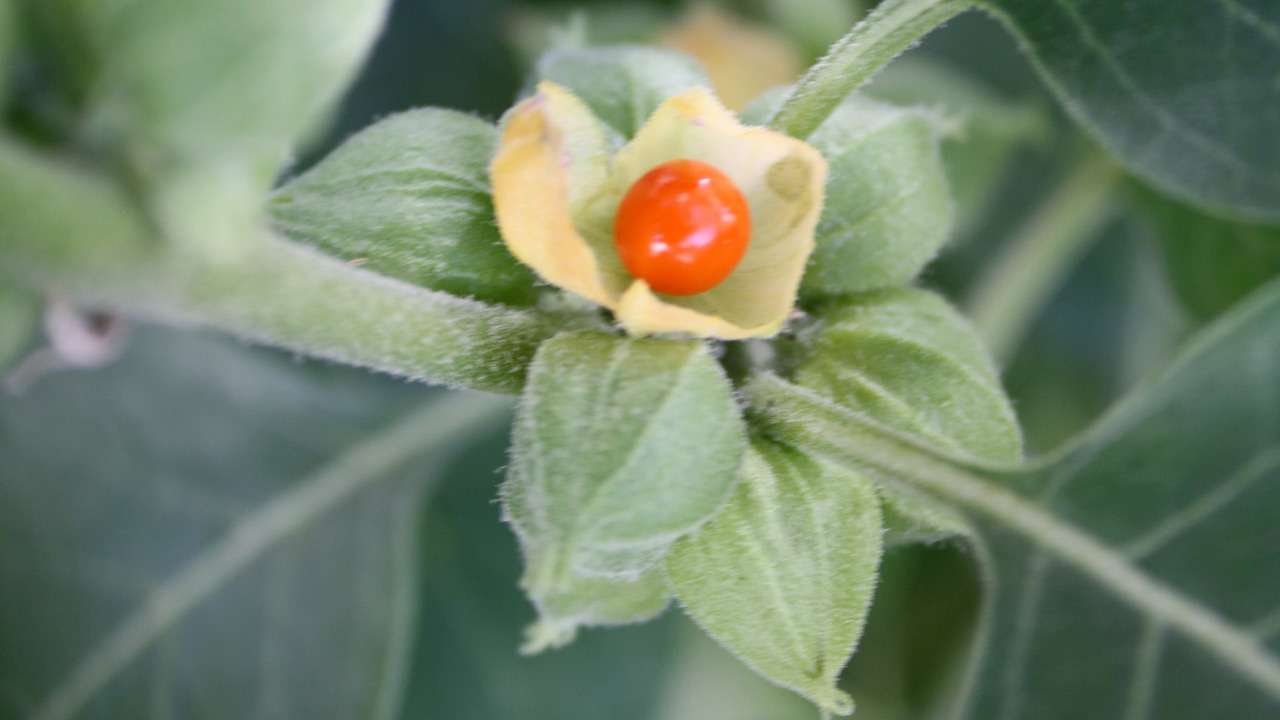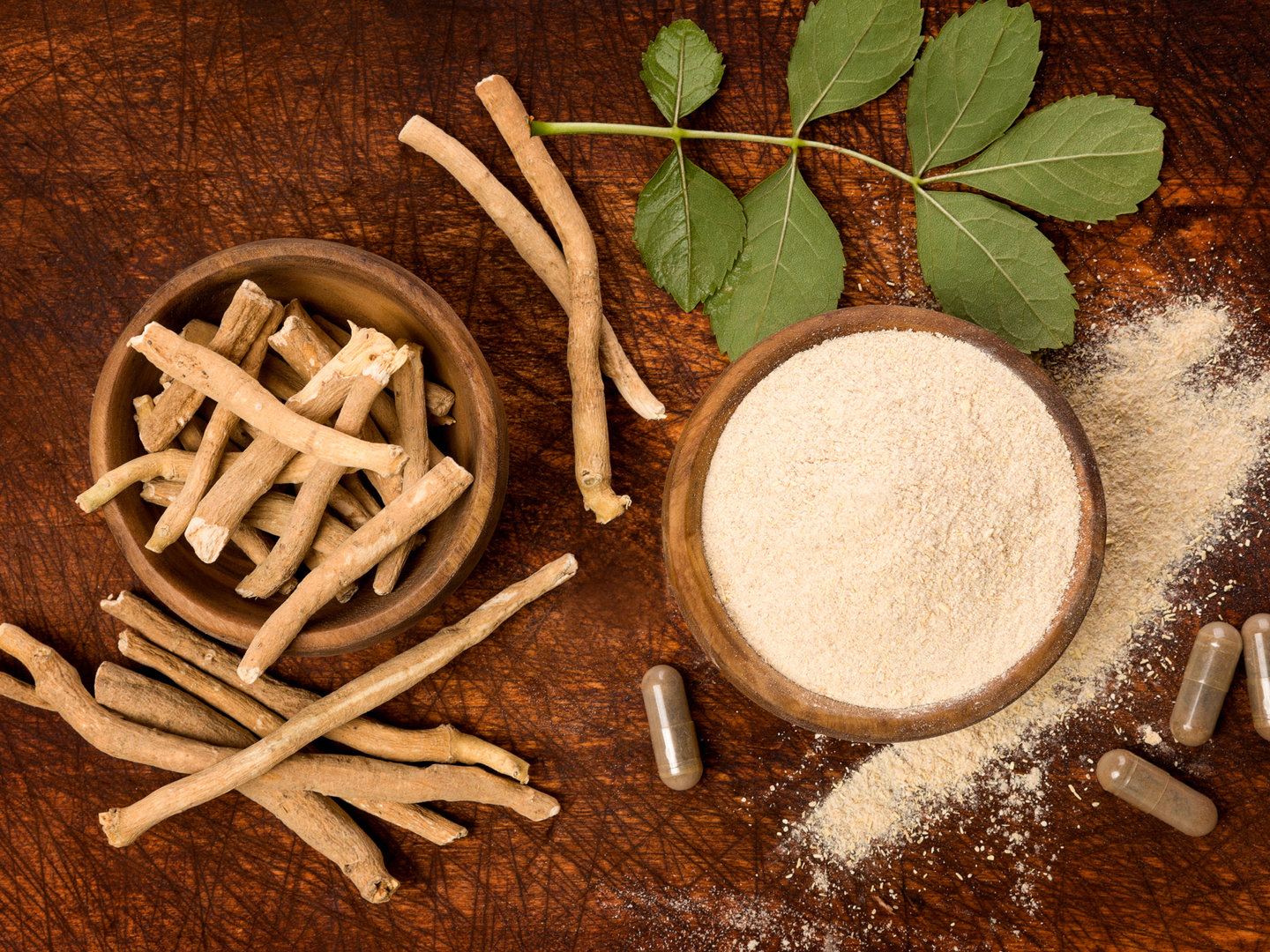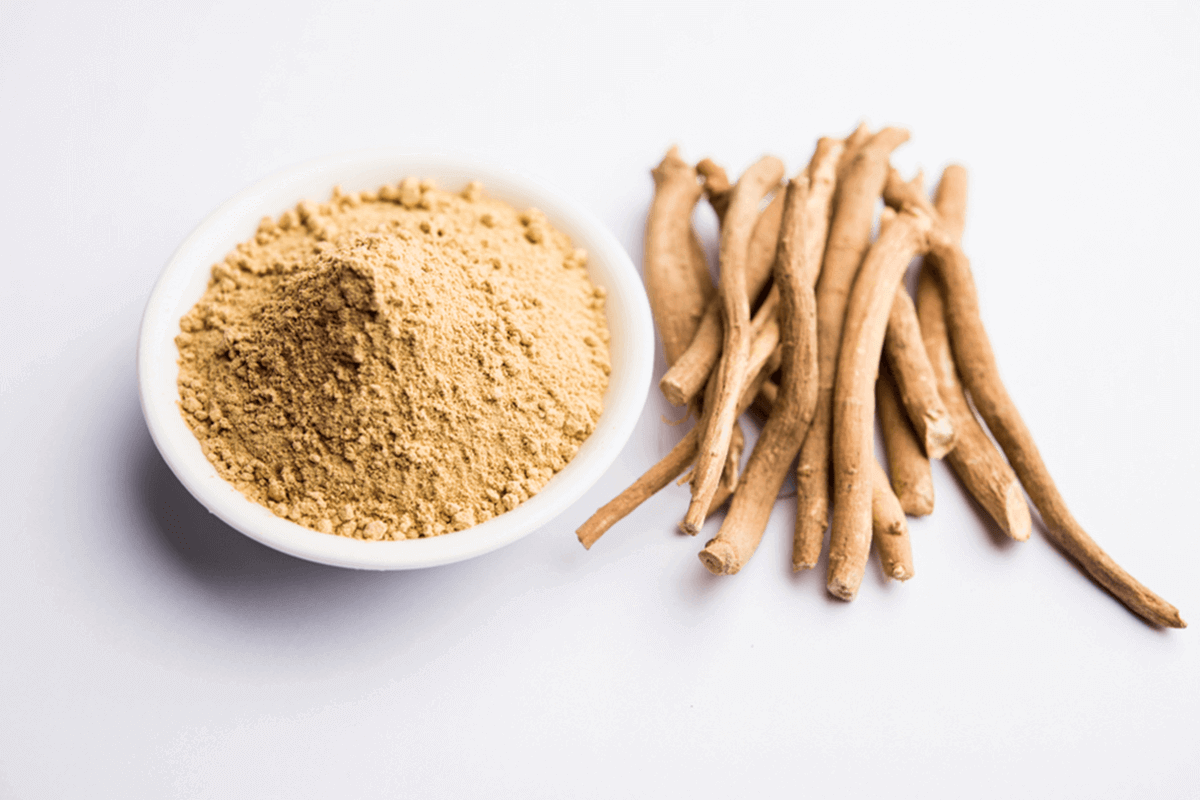
Ashwagandha is known as an exotic Indian herb that has an exceptional stress-relieving component than those other powerful drugs that are used to treat anxiety and depression. Ashwagandha brings excellent protective effects on human’s nervous system, making it a promising treatment alternative for various degenerative diseases like Parkinson’s and Alzheimer’s. One of the many Ashwagandha benefits is that it has powerful antioxidant components that helps seek and destroy free radicals that can be found in numerous disease states like aging. There are many Ashwagandha benefits any studies have already proven it. However, one remarkable benefit stands out and that is the fact that Ashwagandha is an effective anti-cancer supplement. As a matter of fact, evidences about Ashwagandha benefits are continuing to emerge and many countries are being aware of the health advantages that it can bring.
Ashvagandha in Sanskrit means “smelling like a horse “, probably originating from the odor of its fresh root which resembles that of a sweaty horse. Ashvagandha is a well-known antistress herb. The species’ name Somnifera means “sleep-bearing” in Latin, indicating that Ashvagandha was considered a sedative. However, it has also been used for sexual vitality and as an adaptogen. Ashvagandha is popularly known as Indian Ginseng.
Ashvagandha is an unique herb with antistress, adaptogenic action that leads to better physical fitness and helps with stress management. It increases physiological endurance and protects against the effects of stress. Ashvagandha is especially beneficial in stress-related disorders such as arthritis, hypertension, diabetes and premature aging.
Ashwagandha has actually been used for many centuries. Although this herb originated from India, Africans as well as Native Americans have also used it for forwarding off sickness and infections. The herbal medicine is already earning its popularity in Ayurvedic medicine. That is the reason why Ashwagandha herbal medicine is now known as a powerful herbal alternative used by different health organizations. In fact, even science nowadays is starting to grasp all the Ashwagandha benefits. Different studies by professional researchers also have investigated its antioxidant, anti-stress, as well as anti-inflammatory properties. Many companies were amazed of the Ashwagandha benefits and they have taken action to include Ashwagandha in their products. Actually, 7 companies in America and 4 companies in Japan already applied for a patent and the number is still increasing.
There are lots of Ashwagandha benefits that trigger the herb to become very popular worldwide. The herb is known for its exceptional ability to calm as well as promote sleep according to reliable research studies done by different universities worldwide. In Texas, professional researchers happen to find out the similarities of the sleep-inducing component of Ashwagandha as well as the calming effects brought by the famous amino acid GABA. Similarly, the herb has also been proven by different researchers to ease restlessness or anxiety, and even to reduce drug withdrawal symptoms. Many herbalists also value the herbal medicine’s ability to encourage adrenal recovery and stabilize moods.
Ashwagandha Benefits also includes it as Anti-stress as it is said to be an “adaptogen” that helps the human body to cope up with stress. Some use it as anti-aging, some for improving thinking ability, some for deducing pain and swelling. It benefits the immune system, increasing fertility and sperm count.

If you think that Ashwagandha benefits is only limited to mood-related concerns, then this time you’re wrong. In India, Ashwagandha is used in order to help patients (usually the older ones) with cognitive ability, memory, and mental agility. The herbal medicine is also famous for its component that can fight off cough and cold symptoms. As a matter of fact, preliminary studies have given the researchers enough reason to know that the herbal medicine also has great ability to decrease cancer-triggering cells without affecting the body’s healthy cells. Ashwagandha benefits make the herbal supplement famous enough to be known by many people who love to use herbal alternatives. The herbal medicine is also considered by lots of herbalists as an effective anti-aging supplements. Also, it was traditionally known for its own ability to bring nourishment to muscles and bones.
Recent studies have also proved that orange berries from Ashwagandha can be applied as a topical treatment in order to aid skin ulcers, carbuncles, tumors, and many more. Further researches are on-going in order to collect more truthful Ashwagandha benefits and in order to determine the effectiveness of the herb even more. One of the most recent studies shown that Ashwagandha can treat diabetes, bone cancer, constipation, bipolar disorder, rheumatism, impotency, memory loss, nerve problems, arthritis as well as any other physical ailments. Also, they happen to found out that its effectiveness is very similar to the famous ginseng herb that has been widely used by Chinese.
Environmental toxins, stress, as well as poor nutrition all can give detrimental impact to the nervous system. Regarding with that, scientific studies support the herb’s ability not only as a stress reliever, but also as a brain cell protector against the harmful and deleterious effects of the modern lifestyles. In validated models of depression and anxiety, Ashwagandha benefits have been identified to have the same effects with antidepressant drugs and tranquilizers. Specifically, oral taking of Ashwagandha for 5 days can have similar anxiety-relieving effects provided by other anxiety drugs, as well as similar antidepressant effects provided by other antidepressant drugs.
Stress can dramatically cause increased peroxidation of lipids especially while decreasing levels of glutathione peroxidase and antioxidant enzymes catalase. Good thing is that Ashwagandha benefits include an effective anti-stress and anti-anxiety property better than other commercial drugs.
Another study shown that Ashwagandha benefits help the growth of nerve cell “dendrites”, which generally allows these cells to communicate with other cells. Overall, this finding tend to suggest that one of the many Ashwagandha benefits is that it can heal the changes occurring in the brain tissue and often accompany dementia. Researchers also found out that Ashwagandha benefits help promote the growth of damaged as well as normal nerve cells.

In a 1993 clinical study in India, fifty people complaining of lethargy and fatigue for 2 to 6 months were given an adaptogenic tonic made up of eleven herbs, including 760 mg of ashwagandha, once a day. The participants had not responded to a vitamin and mineral supplement each of them had taken for at least 2 months, and they had no recognizable disease. After 1 month of taking the ashwagan dha mixture, the patients reported an average 45 percent improvement in their moods. Their blood plasma protein levels and hemoglobin, two factors used to measure overall health, also increased significantly, providing a statistical measurement of the tonic’s effect. Another study in 1995 in India found that ashwagandha was beneficial in treating the exceedingly stressful withdrawal from morphine addiction.
A 1994 study in India compared the adaptogenic and anabolic (ability to promote growth of lean body mass) effects of P. ginseng and ashwagandha in mice and rats. Groups of six mice were fed 100 mg/kg water extract of either ginseng, ashwagandha, or saline for seven days. On the eighth day, the animals’ endurance levels were tested by swimming. Their average swimming times in minutes were 62.55, ginseng; 82.14, ashwagandha; and 35.34, saline.
In another experiment, three groups of six castrated rats were given ginseng, ashwagandha, or saline at a rate of 1 g/kg of body weight for seven days. The anabolic steroid Orabolin was given at a rate of 100 micrograms to a fourth group. Those rats taking ashwagandha and ginseng showed significant increases in total body weight and dry thigh muscle weight, with results only slightly below Orabolin. It must be noted, however, that in both these experiments the dosages were quite large compared with the typical human dose and it may be unsafe for humans to take such large doses of these herbs on an extended basis.
Ashwagandha, one of the most vital herbs in Ayurvedic healing, has been used since ancient times for a wide variety of conditions, but is most well known for its restorative benefits. In Sanskrit ashwagandha means “the smell of a horse,” indicating that the herb imparts the vigor and strength of a stallion, and it has traditionally been prescribed to help people strengthen their immune system after an illness. In fact, it’s frequently referred to as “Indian ginseng” because of its rejuvenating properties (although botanically, ginseng and ashwagandha are unrelated). In addition, ashwagandha is also used to enhance sexual potency for both men and women.
Belonging to the same family as the tomato, ashwagandha (or Withania somnifera in Latin) is a plump shrub with oval leaves and yellow flowers. It bears red fruit about the size of a raisin. The herb is native to the dry regions of India, northern Africa, and the Middle East, but today is also grown in more mild climates, including in the United States.
Ashwagandha contains many useful medicinal chemicals, including withanolides, (steroidal lactones), alkaloids, choline, fatty acids, amino acids, and a variety of sugars. While the leaves and fruit have valuable therapeutic properties, the root of the ashwagandha plant is the part most commonly used in Western herbal remedies.
Medical researchers have been studying ashwagandha with great interest and as of this date have carried out 216 studies of its healing benefits, summarized below:
- confers immune system protection
- combats the effects of stress
- improves learning, memory, and reaction time
- reduces anxiety and depression without causing drowsiness
- stabilizes blood sugar
- lowers cholesterol
- reduces brain-cell degeneration
- contains anti-malarial properties
- offers anti-inflammatory benefits
Some studies have also found that ashwagandha inhibits the growth of cancer cells in small animals, but further research is needed to determine whether the herb prevents the development of tumors in human beings.
Ashwagandha in particular is known for its ability to calm, and some research indicates this herb can be used to promote sleep. In Texas, researchers noted the similarities in the sleep-inducing properties of ashwagandha and the calming effects of the well-known amino acid GABA. Likewise, ashwagandha has also been shown to ease anxiety or restlessness, as well as to reduce the symptoms of drug withdrawal. Its ability to stabilize moods and encourage adrenal recovery is highly valued by many herbalists.
But the benefits of ashwagandha extend far beyond mood. In India it is also used to help older patients with mental agility, cognitive ability, and memory. It is also known for its ability to fight off cold and cough symptoms. Preliminary studies give researchers reason to feel that ashwagandha also has the potential ability to decrease cancer cells without adversely affecting healthy cells.
Ashwagandha Practical and Precautions: The usual recommended dose is 600 to 1000 mg, twice daily. For people who suffer from insomnia and anxiety, having a cup of hot milk that contains a teaspoon of powdered ashwagandha before bedtime is beneficial. In extremely large doses, ashwagandha has been reported to induce abortions in animals. Although no similar studies have been carried out on humans, women should avoid the herb during pregnancy.You should consult your ayurvedic doctor or other health care professional before starting on any ayurveda treatment.
Withania somnifera, known commonly as ashwagandha, Indian ginseng, poison gooseberry, or winter cherry, is a plant in the Solanaceae or nightshade family. Several other species in the genus Withania are morphologically similar. It is used as an herb in Ayurvedic medicine. This species is a short shrub growing 35 to 75 centimeters tall. Tomentose branches extend radially from a central stem. The flowers are small and green. The ripe fruit is orange-red.The species name somnifera means “sleep-inducing” in Latin. Withania somnifera is cultivated in many of the drier regions of India, such as Mandsaur District of Madhya Pradesh, Punjab, Sindh, Gujarat,and Rajasthan. It is also found in Nepal.

Withania somnifera is prone to several pests and diseases. Leaf spot disease caused by Alternaria alternata is the most prevalent disease, which is most severe in the plains of Punjab, Haryana, and Himachal Pradesh. Biodeterioration of its pharmaceutically active components during leaf spot disease has been reported. The Choanephora cucurbitarum causes a stem and leaf rot of Withania somnifera Oxyrachis tarandus, a treehopper, feeds on the apical portions of the stem, making them rough and woody in appearance and brown in colour. The apical leaves are shed and the plant gradually dies. The carmine red spider mite (Tetranychus urticae) is the most prevalent pest of the plant in India.
The berries can be used as a substitute for rennet in cheesemaking. The main chemical constituents are alkaloids and steroidal lactones. These include tropine and cuscohygrine. The leaves contain the steroidal lactones, withanolides, notably withaferin A, which was the first to be isolated from the plant.The plant’s long, brown, tuberous roots are used for medicinal purposes.
In Ayurveda, the berries and leaves are applied externally to tumors, tubercular glands, carbuncles, and ulcers. The roots are used to prepare the herbal remedy ashwagandha, which has been traditionally used to treat various symptoms and conditions.
In two published clinical trials of W. somnifera, the side effects were not significantly different from those experienced by placebo-treated individuals. In the clinical trial of Cooley et al. (2009), Ashwagandha exhibit greater clinical benefit than psychotherapy in mental health (anxiety level), concentration, fatigue, social functioning, vitality, and overall quality of life. Also, ashwagandha may also act as an abortifacient and has traditionally been used in this role.
Special Precautions & Warnings:Pregnancy and breast-feeding: Do not use ashwagandha if you are pregnant. It is rated LIKELY UNSAFE during pregnancy. There is some evidence that ashwagandha might cause miscarriages. Not enough is known about the use of ashwagandha during breast-feeding. Stay on the safe side and avoid use.
Stomach ulcers: Ashwagandha can irritate the gastrointestinal (GI) tract. Don’t use ashwagandha if you have a stomach ulcer.
“Auto-immune diseases” such as multiple sclerosis (MS), lupus (systemic lupus erythematosus, SLE), rheumatoid arthritis (RA), or other conditions: Ashwagandha might cause the immune system to become more active, and this could increase the symptoms of auto-immune diseases. If you have one of these conditions, it’s best to avoid using ashwagandha.
Surgery: Ashwagandha may slow down the central nervous system. Healthcare providers worry that anesthesia and other medications during and after surgery might increase this effect. Stop taking ashwagandha at least 2 weeks before a scheduled surgery.
Disclaimer
The Content is not intended to be a substitute for professional medical advice, diagnosis, or treatment. Always seek the advice of your physician or other qualified health provider with any questions you may have regarding a medical condition.